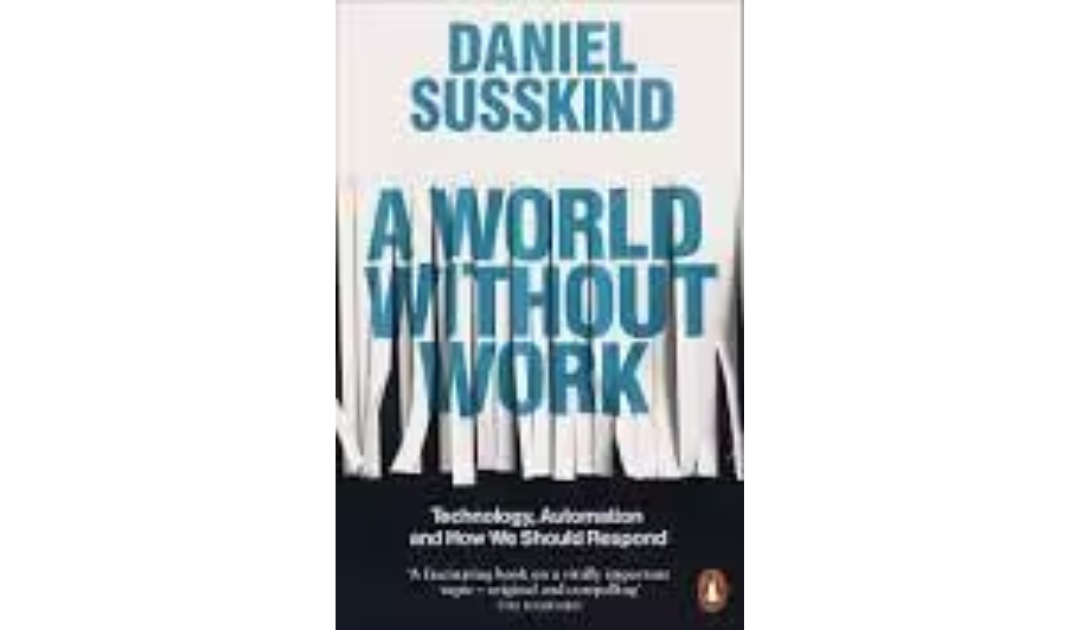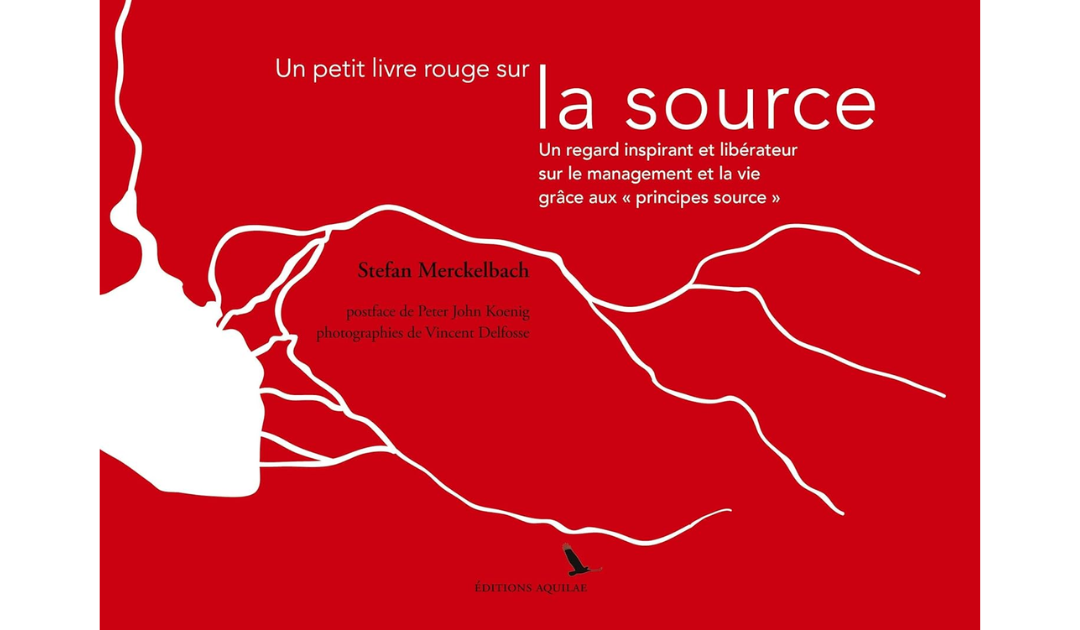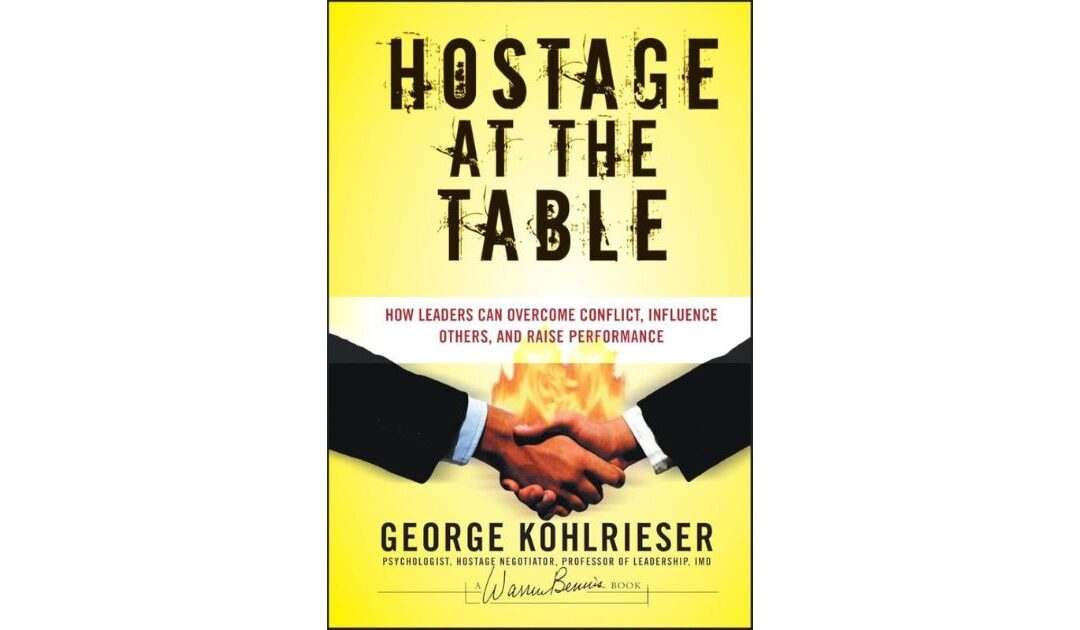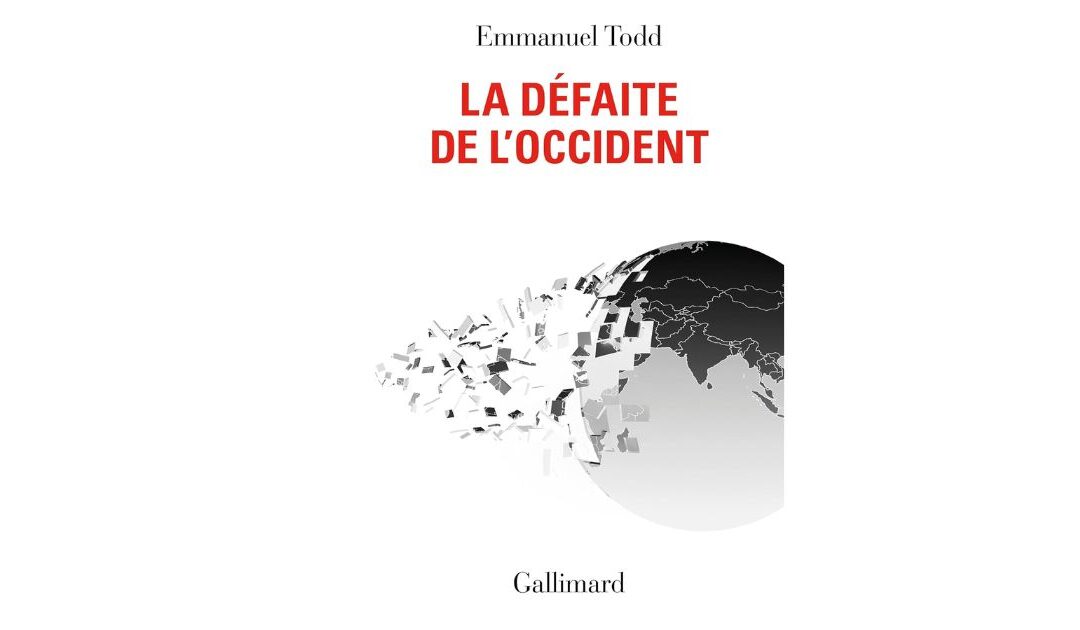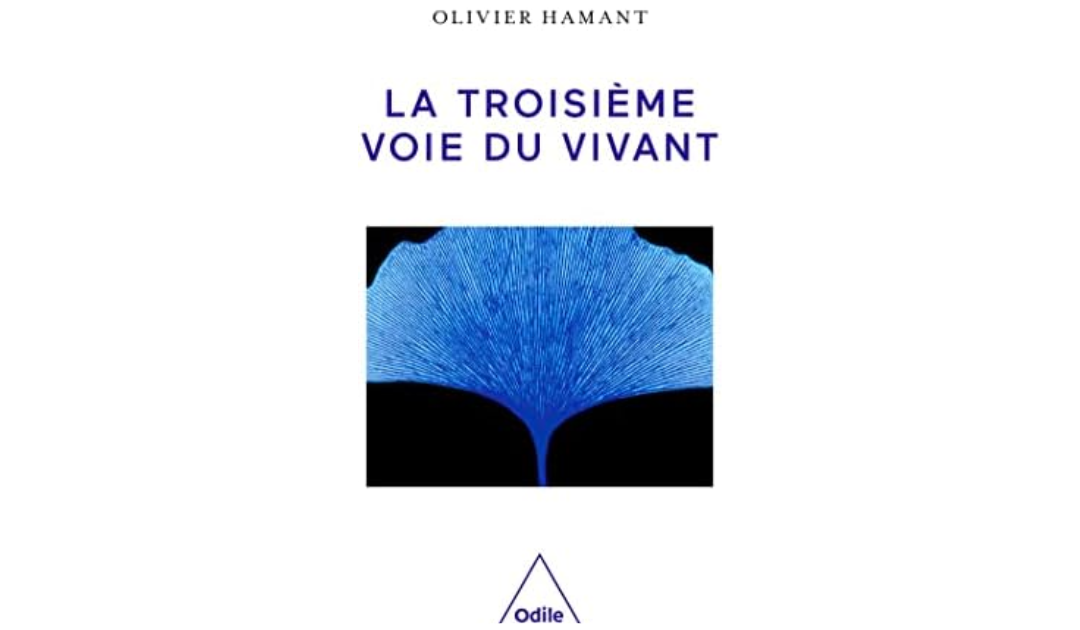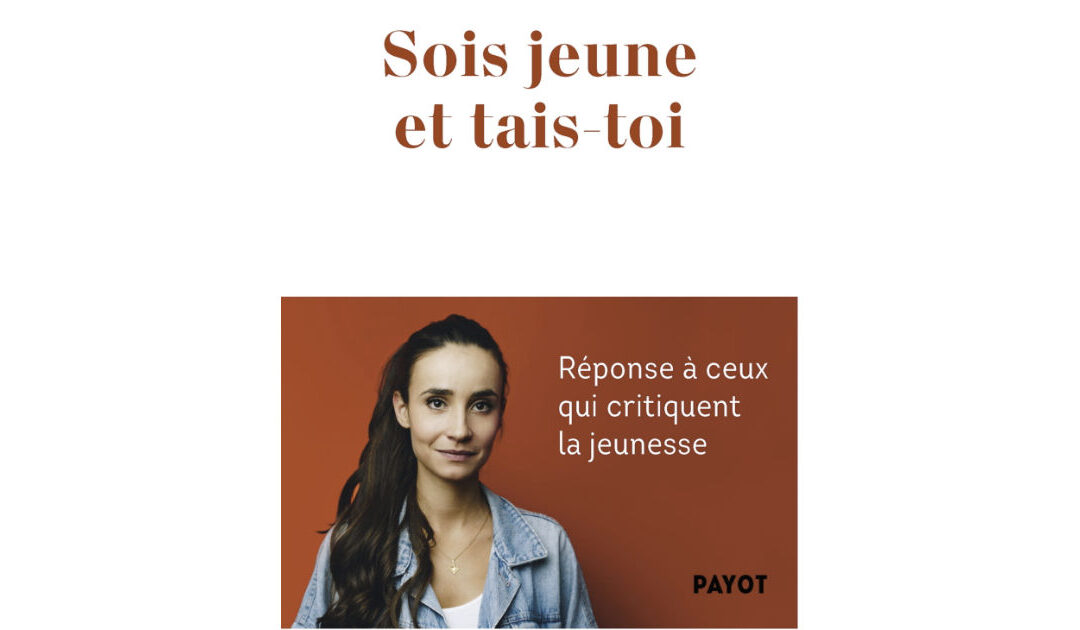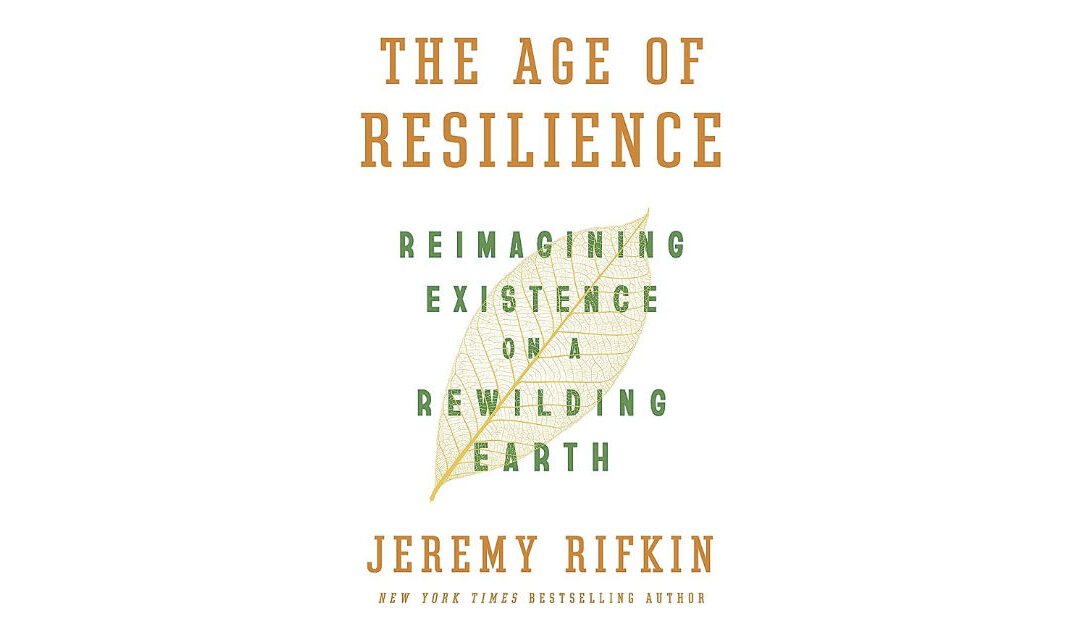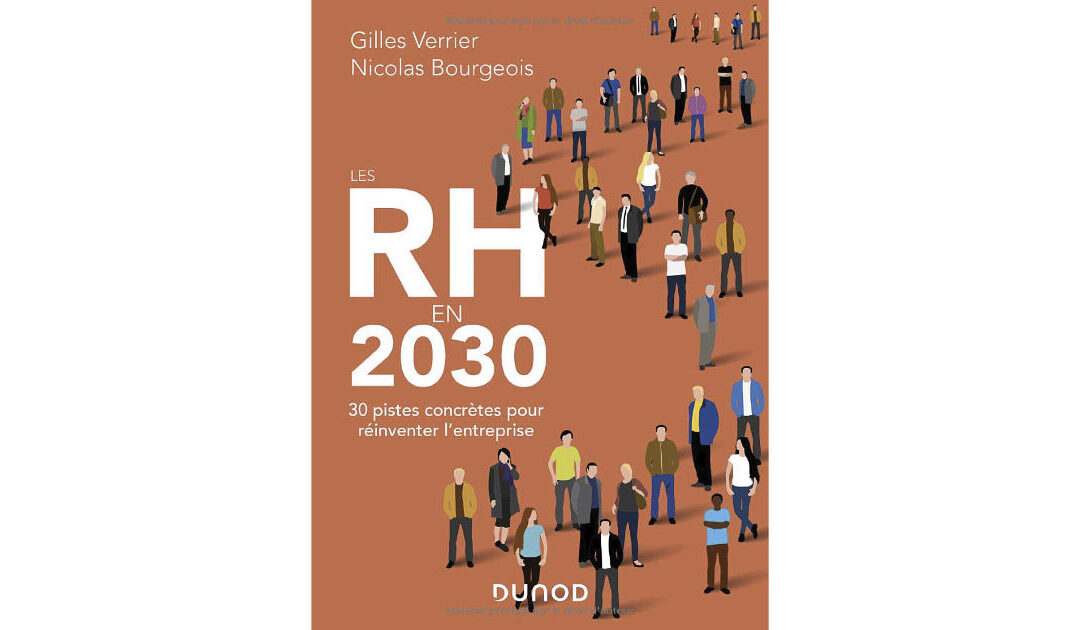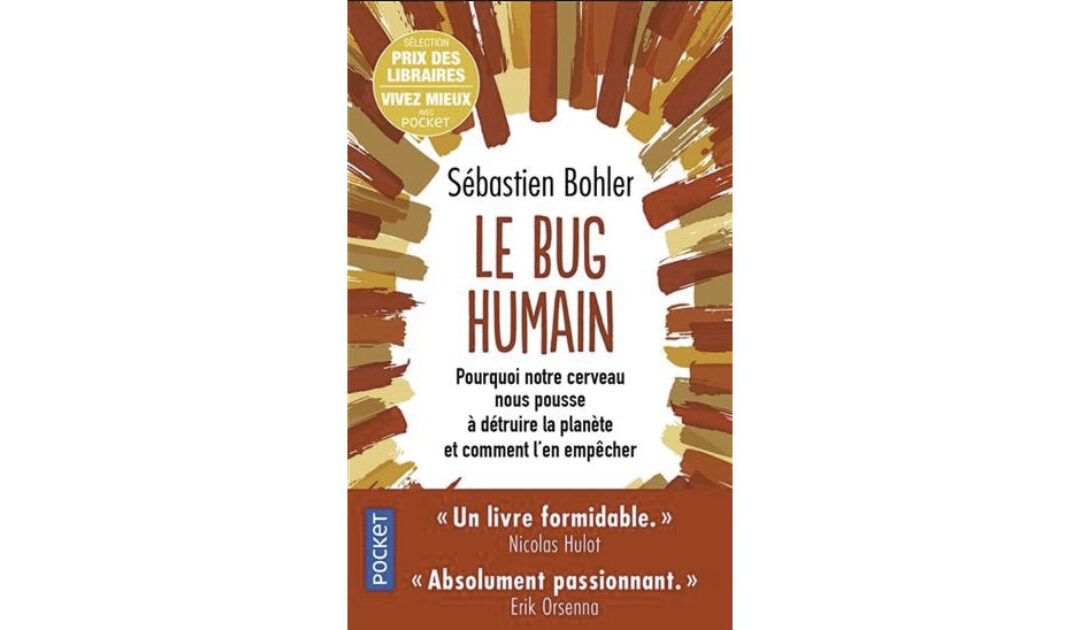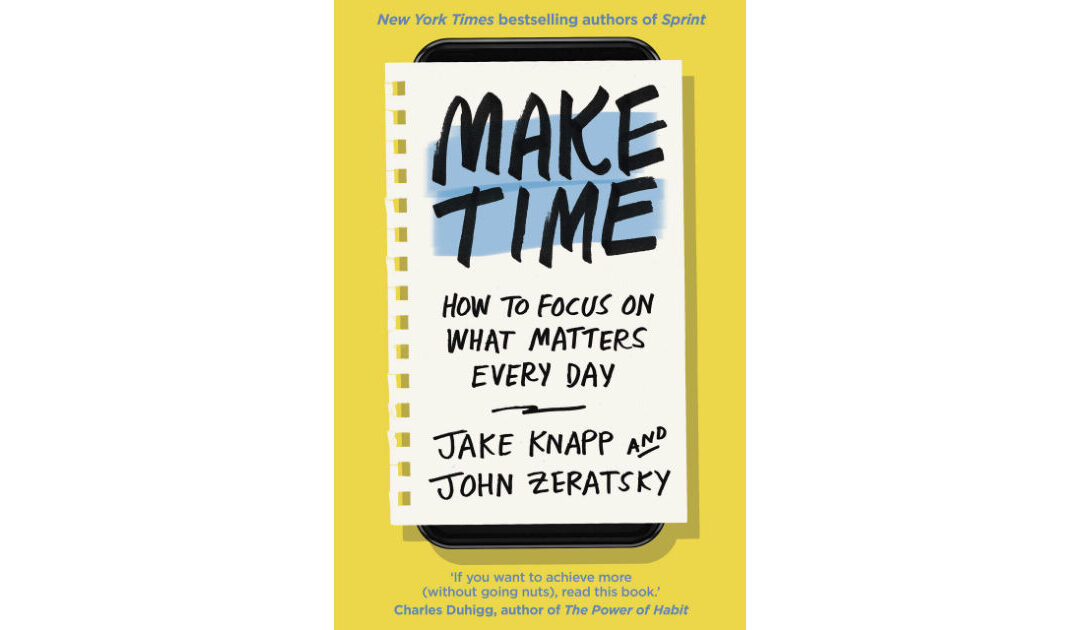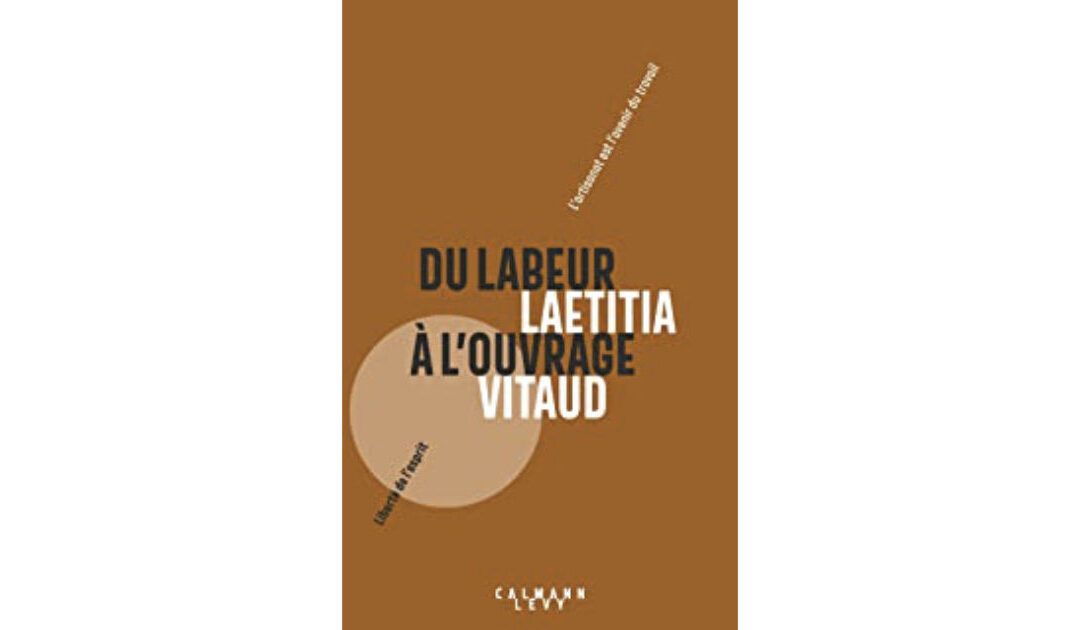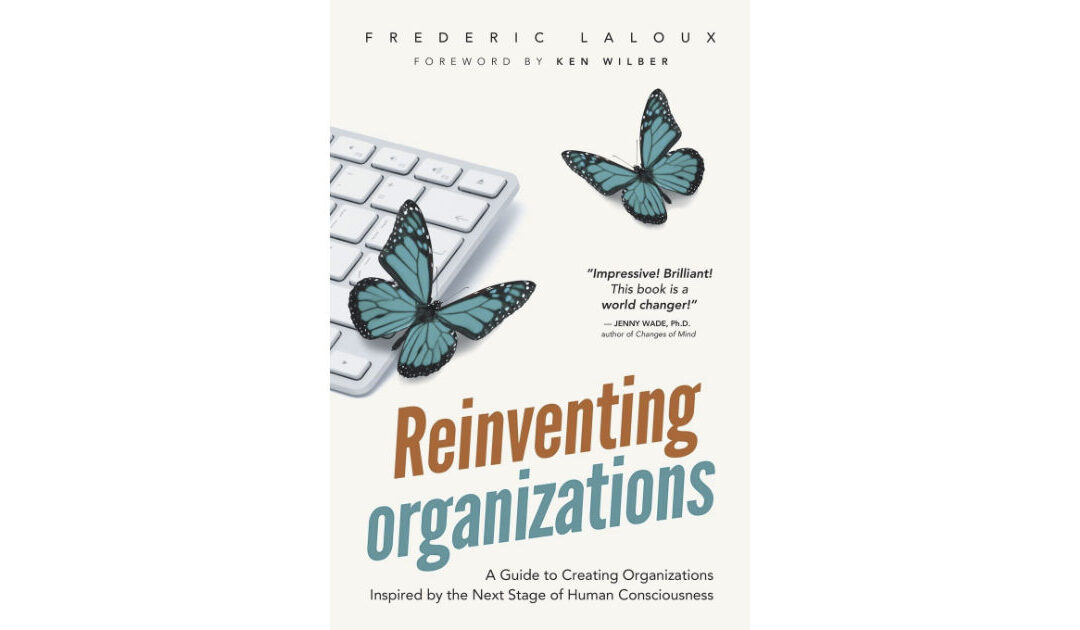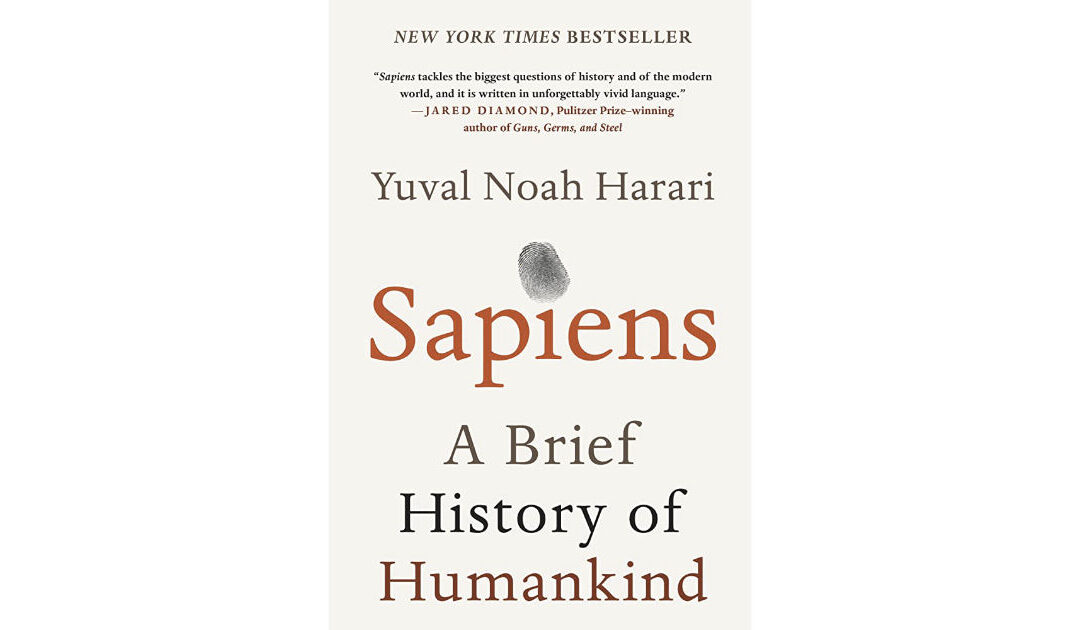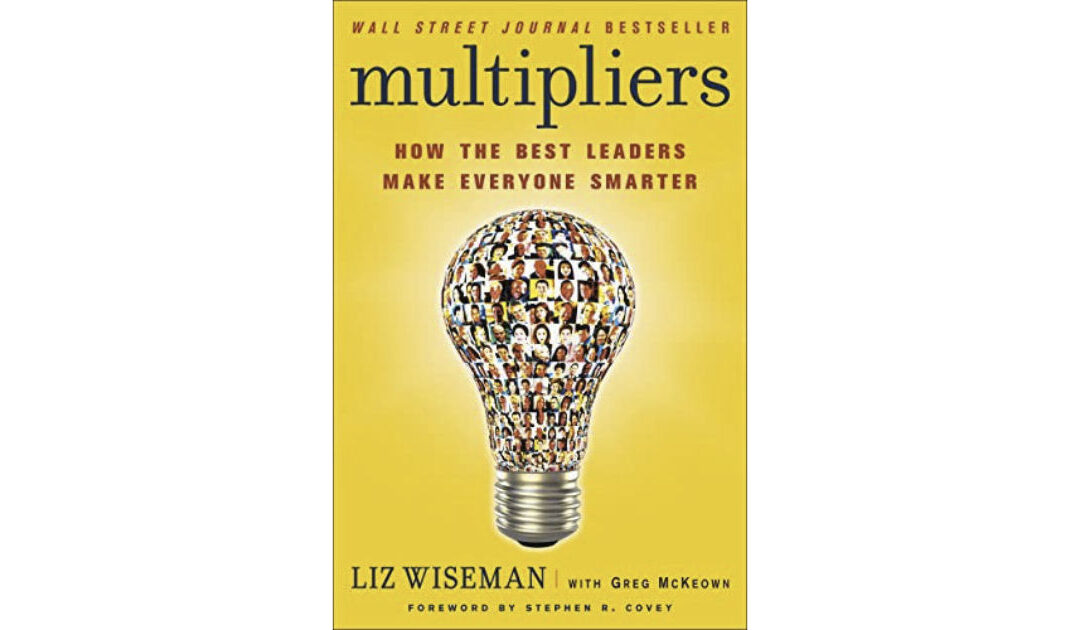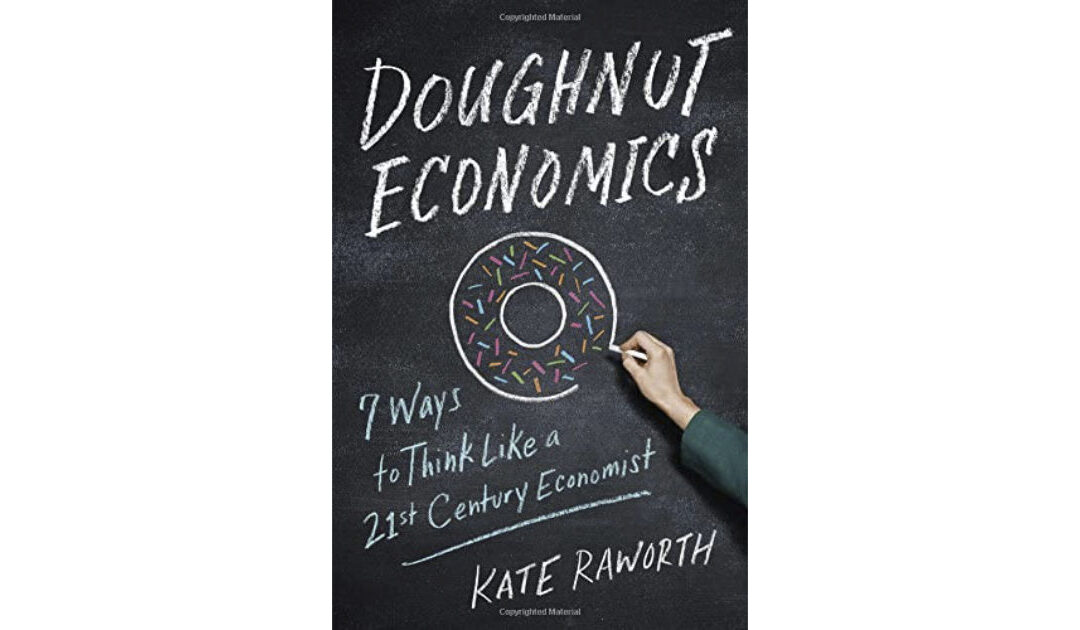Within companies, there has never been so much talk about meaning and commitment. It is at the top of the agenda of any organization. Paradoxically, we have never seen so many departures, burn-outs, long-term illnesses and questioning of meaning. Talent is shaking up the agenda, much to the disappointment of companies. The COVID crisis has accelerated the projection of companies into the 21st century and opened new fields of possibility.
The Science of Human Resources
Throughout the 20th century, driven by the goal of growth and performance, companies created Human Resources. An ingenious system in a culture of process and return on investment. We have implemented control, benchmarking, organization and performance management practices to manage the company’s workforce. The words objectivity, roles and competencies are king in the kingdom of Human Resources.
The cult of the rational
We have created a persona of the employee in the company: rational, individualistic, in perfect control of his environment. We have populated our organizations with resources, we have established governance principles based on control. We have considered performance as an end in itself, and even as a value, forgetting that performance is only the consequence of an operating mode. In the era of SMART (1), we have relied on KPIs to maximize individual performance, sometimes questioning the non-congruence between individual performance and the collective performance of the organization.
Our organizations must be places free of any emotions and close relationships. This would undermine the good professionalism required in the successful company of the 20th century.
We often see emotion in companies as a weakness. Affection is viewed with distrust and suspicion. We forget that our emotional and relational strength allows us to go far collectively.
A shift in priorities
Some companies are surprised to be confronted with a changing world. More vulnerable, they are gradually becoming aware of the forces at work and are trying out new strategies: listening to what is going on, reshaping themselves in an agile way. We must re-train our spontaneity of adaptation.
Agility, the new religion, is much more than a buzzword. It refers to our human nature, our values, our ability to adapt
Lady COVID has projected us into the reality of the 21st century company. Paradoxically, our social distancing has put the human being back at the center of the company, as an emotional and relational being, as a member of a collective driven by a shared project. Notions of agility, meaning, well-being and collective are shaking up the corporate agenda. To the great displeasure of the latter, who, pushed behind their backs, are wondering about the recipes to use. No matter how much they blow the whistle, resources do not come rushing to the door, and talents are reluctant to commit themselves.
How do you reconcile the ambition for growth with these newly stated priorities of employees? It’s annoying at a time when “skills” resources are becoming scarce and talent is imposing its law! Boring when these expressed needs call into question the foundations on which the system of our companies is based.
Towards a rebalancing of the forces at work
Former weaknesses, emotions and relationships within companies are transformed into strength. The collective takes precedence over individual egos, rationality gives way to sensitivity, finesse and intuition. We dare to question this ideal of professionalism, this roadmap that guides us towards eternal growth.
The balance between the words “Resource” and “Human”, for a long time oriented towards the word Resource, is slowly shifting towards the word Human.
All the fundamental processes of the company are shaken up: planning, objectives, performance, commitment, governance, etc.

